The golden liquid that has flowed through Greek history for millennia is far more than just a culinary staple. Olive oil in Greece represents a cultural cornerstone, a sacred bond between the land and its people that transcends mere gastronomy. From the ancient Minoans to modern-day tavernas, the olive tree has shaped traditions, rituals, and daily life in ways few other cultures can claim.
Walk through any Greek village during harvest season, and you'll witness a ritual unchanged since Homeric times. Families gather beneath gnarled silver-green trees, beating branches with bamboo poles as black nets swallow the falling fruit. The air carries that distinctive peppery aroma of crushed olives, a scent so deeply embedded in Greek consciousness that poets have likened it to the smell of rain on parched earth. This annual harvest isn't merely agricultural labor—it's a celebration of continuity, where grandparents teach grandchildren which olives yield the finest oil by squeezing them between calloused fingers.
The mythology surrounding Greek olive oil runs as deep as the roots of Athena's sacred tree. Ancient Athenians believed their city won divine favor when the goddess caused an olive tree to sprout on the Acropolis, its oil providing light, nourishment, and medicine. Modern chemists would later confirm what the ancients knew instinctively—that Greek extra virgin olive oil contains polyphenols with remarkable anti-inflammatory properties. The same golden elixir that fueled Olympic athletes' lamps now garners clinical studies for its cardiovascular benefits, creating a fascinating bridge between myth and modern science.
Regional variations tell the story of Greece's diverse landscapes. The buttery Koroneiki olives of the Peloponnese produce oil with artichoke notes, while the volcanic soil of Lesbos yields a more peppery, herbaceous liquid. Cretan oil often carries hints of wild thyme, reflecting the island's aromatic hillsides. These terroir differences aren't just tasting notes—they're liquid geography, each bottle containing the essence of its origin's sunlight, soil, and sea air.
What truly sets Greek olive culture apart is its integration into daily rituals beyond the kitchen. Elderly women still rub warm oil into children's scalps to prevent hair loss, just as Hippocrates prescribed. Fishermen preserve their wooden boats with oil-soaked rags, maintaining a tradition that kept triremes seaworthy. In Orthodox churches, the flickering light of oil lamps connects the living to centuries of prayer. This omnipresence transforms olive oil from an ingredient into a cultural touchstone, its uses as varied as Greek life itself.
The social fabric of rural Greece still revolves around the olive harvest's rhythm. Cooperative presses become community hubs where farmers debate politics while waiting for their turn, children dart between towering stainless steel vats, and everyone samples this year's yield with chunks of crusty bread. These micro-cultures preserve regional dialects and oral histories that might otherwise fade, all lubricated—quite literally—by the season's fresh oil. UNESCO recognized this intangible heritage by adding the Mediterranean diet (with Greek olive oil as its cornerstone) to its Cultural Heritage list in 2013.
Modern Greek chefs are rediscovering ancestral oil techniques with contemporary twists. In Athenian avant-garde restaurants, you might find olive oil ice cream drizzled with—what else?—more oil, or see delicate oil foams atop seafood. Yet even these innovations bow to tradition; chefs still source their oil from family groves, knowing each tree's history. This duality—honoring roots while reaching for new expressions—mirrors Greece's own journey into the 21st century.
Climate change now threatens this unbroken chain of olive culture. Rising temperatures have introduced new pests to ancient groves, while erratic rainfall stresses trees that survived wars and invasions. Greek producers respond with a mix of technology and tradition, using satellite irrigation monitoring while still harvesting by hand. Their resilience mirrors the olive tree itself—bent but unbroken, adapting while retaining essential character. As the world rediscovers authentic food cultures, Greece's liquid gold continues to flow, carrying with it the taste of history, the scent of the Mediterranean sun, and the soul of a people for whom the olive remains sacred.
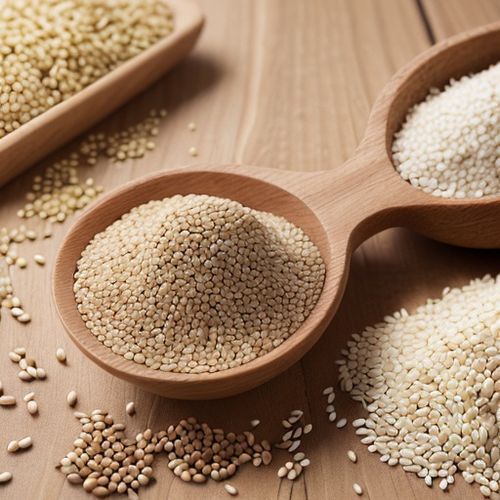
By George Bailey/May 12, 2025

By Amanda Phillips/May 12, 2025

By Thomas Roberts/May 12, 2025
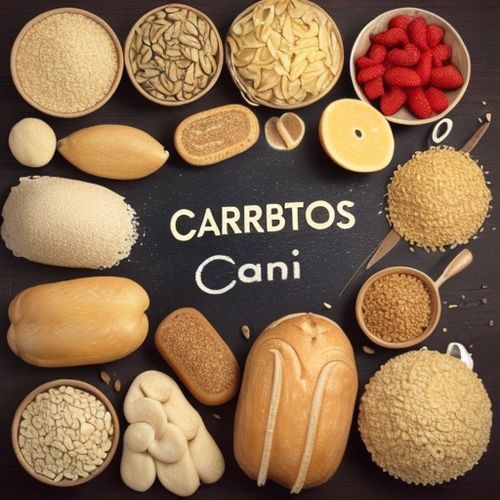
By Benjamin Evans/May 12, 2025
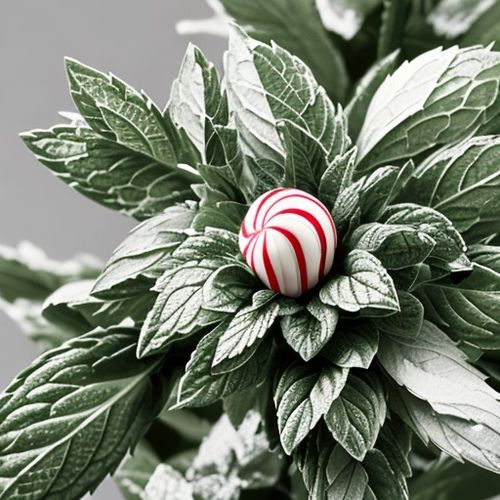
By Natalie Campbell/May 12, 2025

By Lily Simpson/May 12, 2025
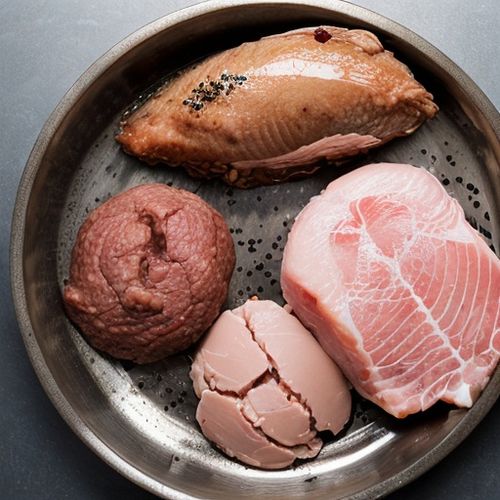
By Megan Clark/May 12, 2025

By Christopher Harris/May 10, 2025

By Emma Thompson/May 10, 2025

By Ryan Martin/May 10, 2025

By Michael Brown/May 10, 2025
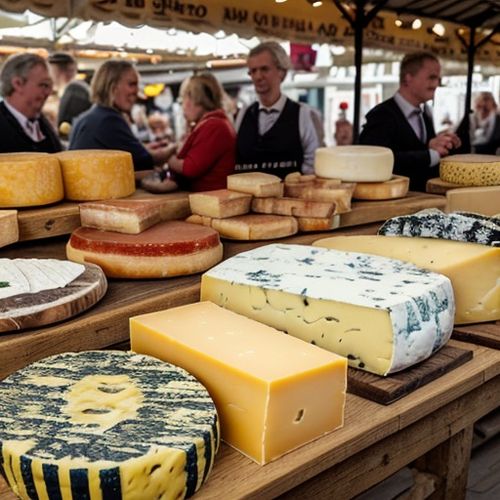
By Sophia Lewis/May 10, 2025
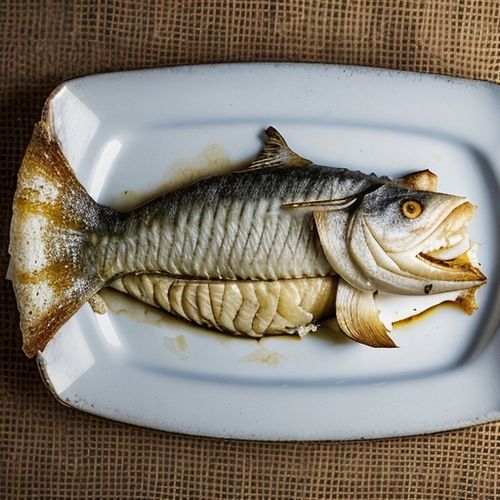
By Eric Ward/May 10, 2025
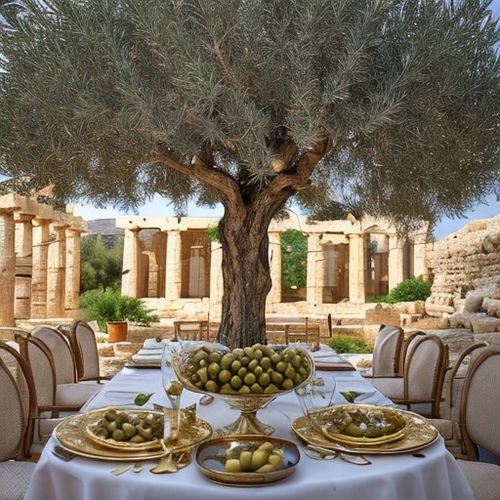
By George Bailey/May 10, 2025

By Elizabeth Taylor/May 10, 2025